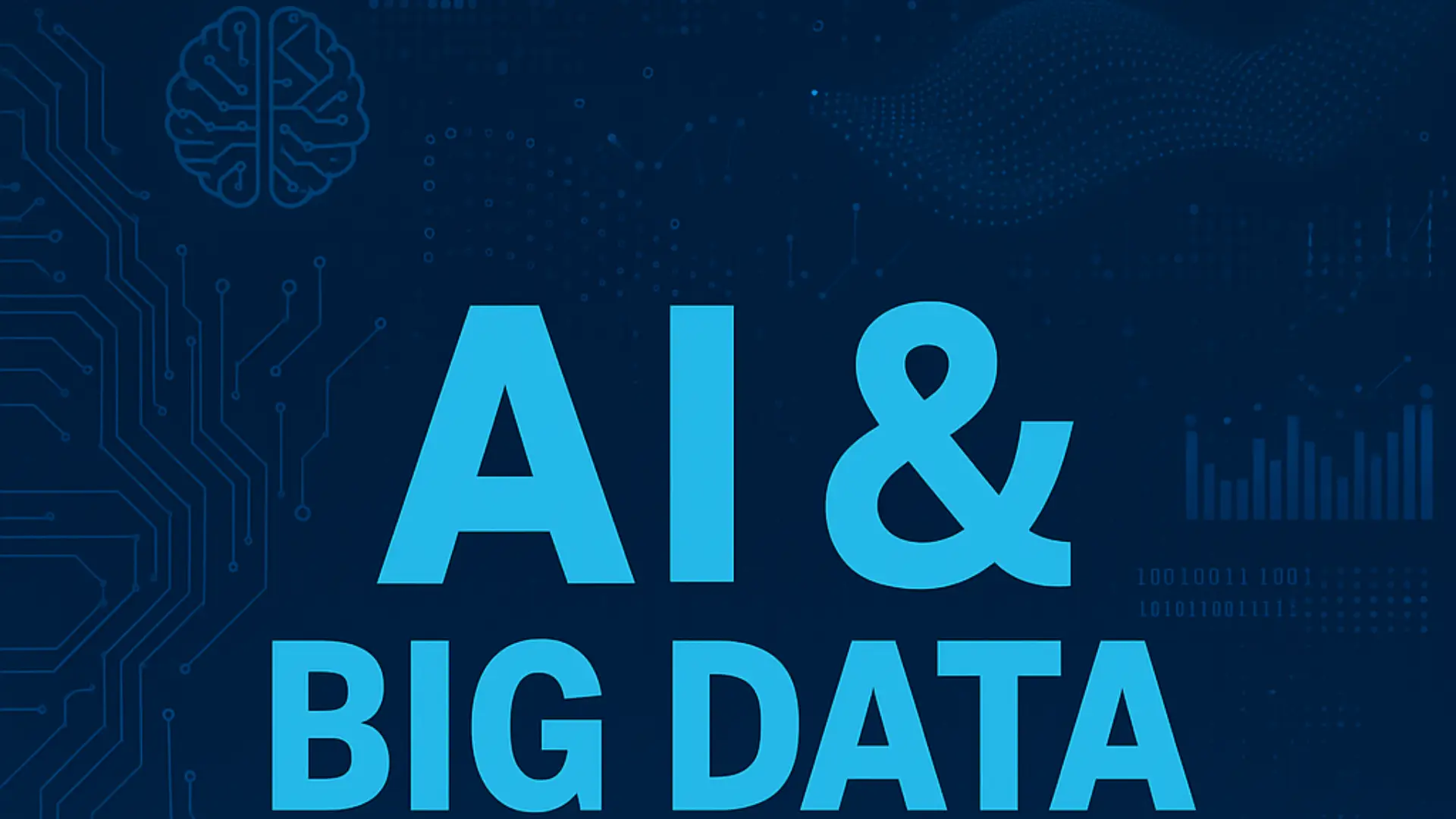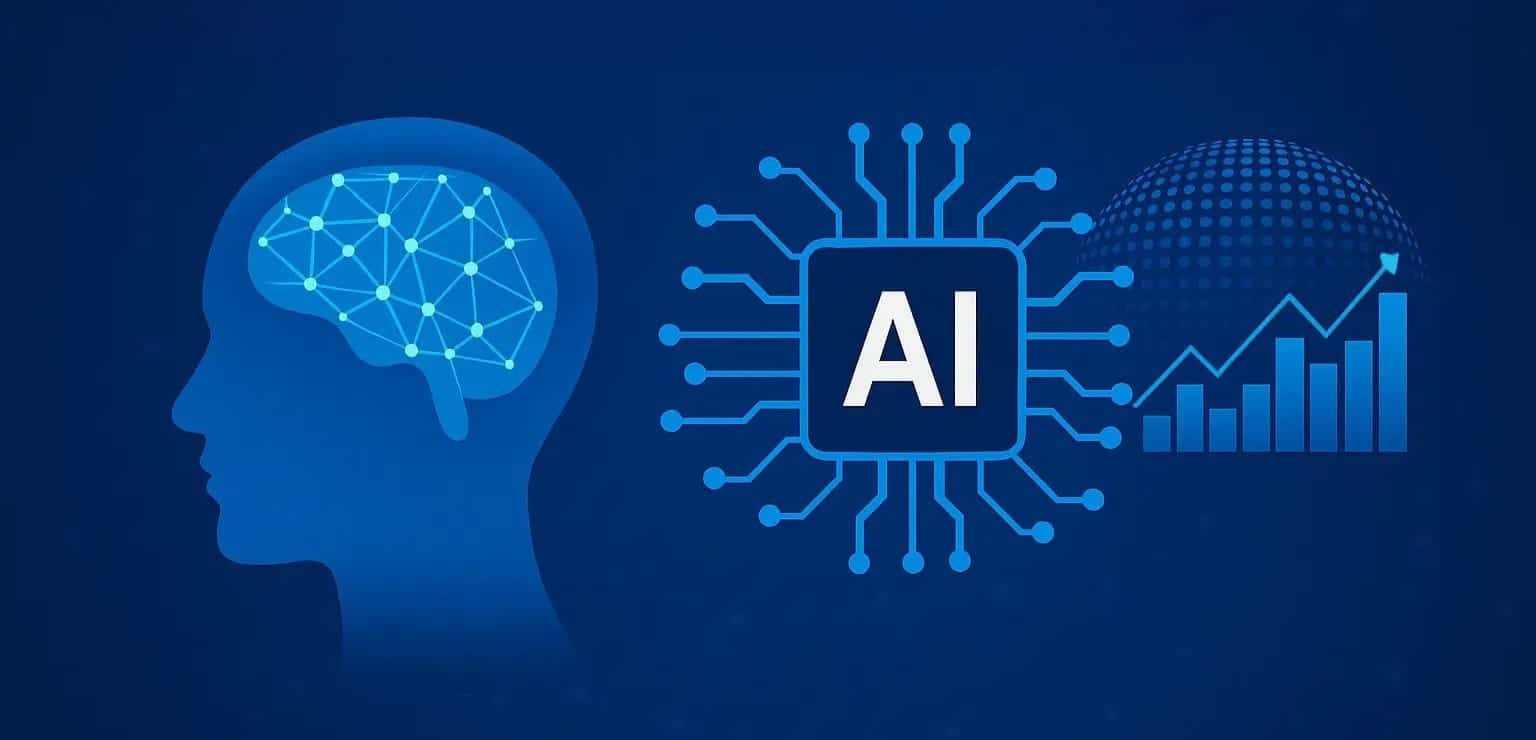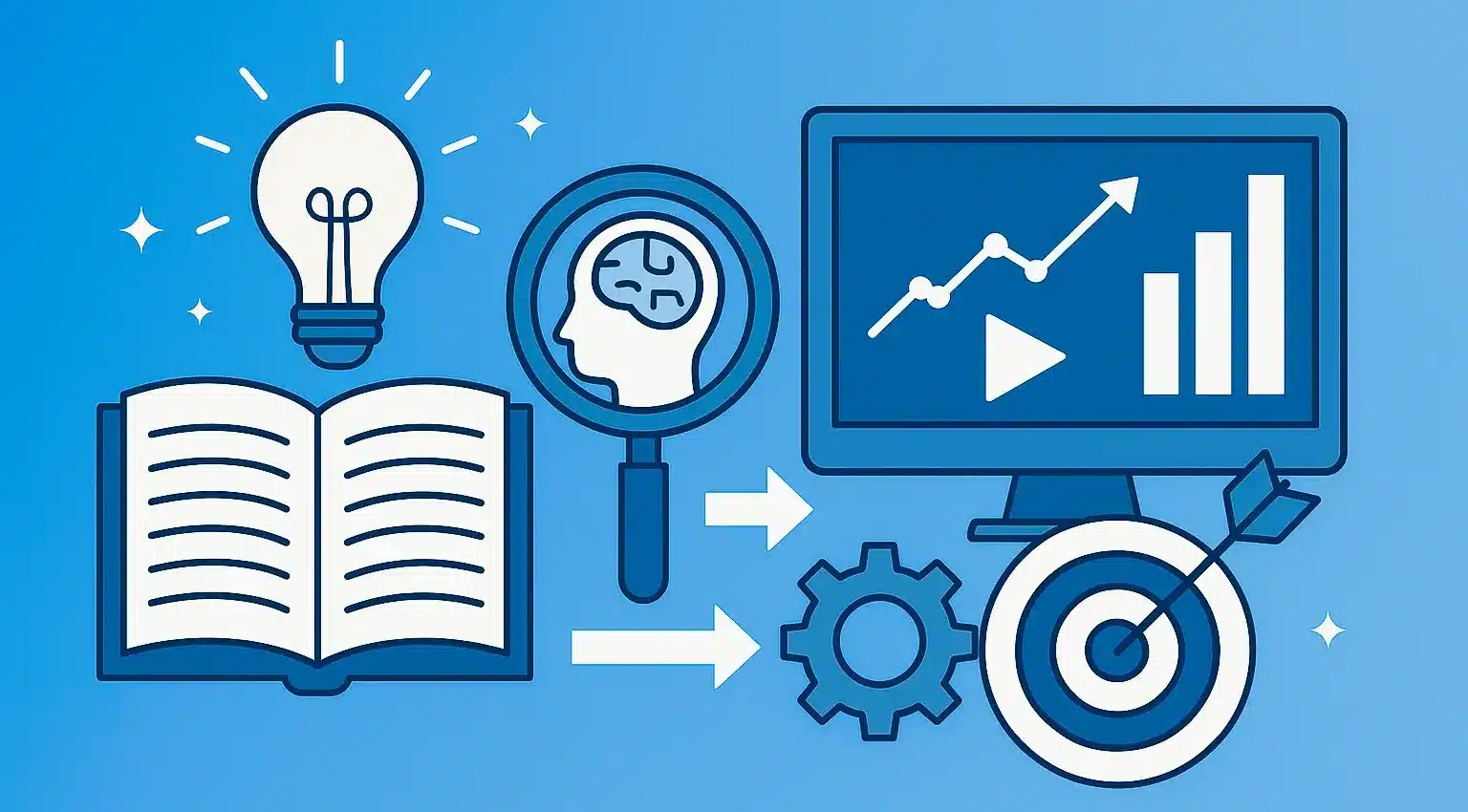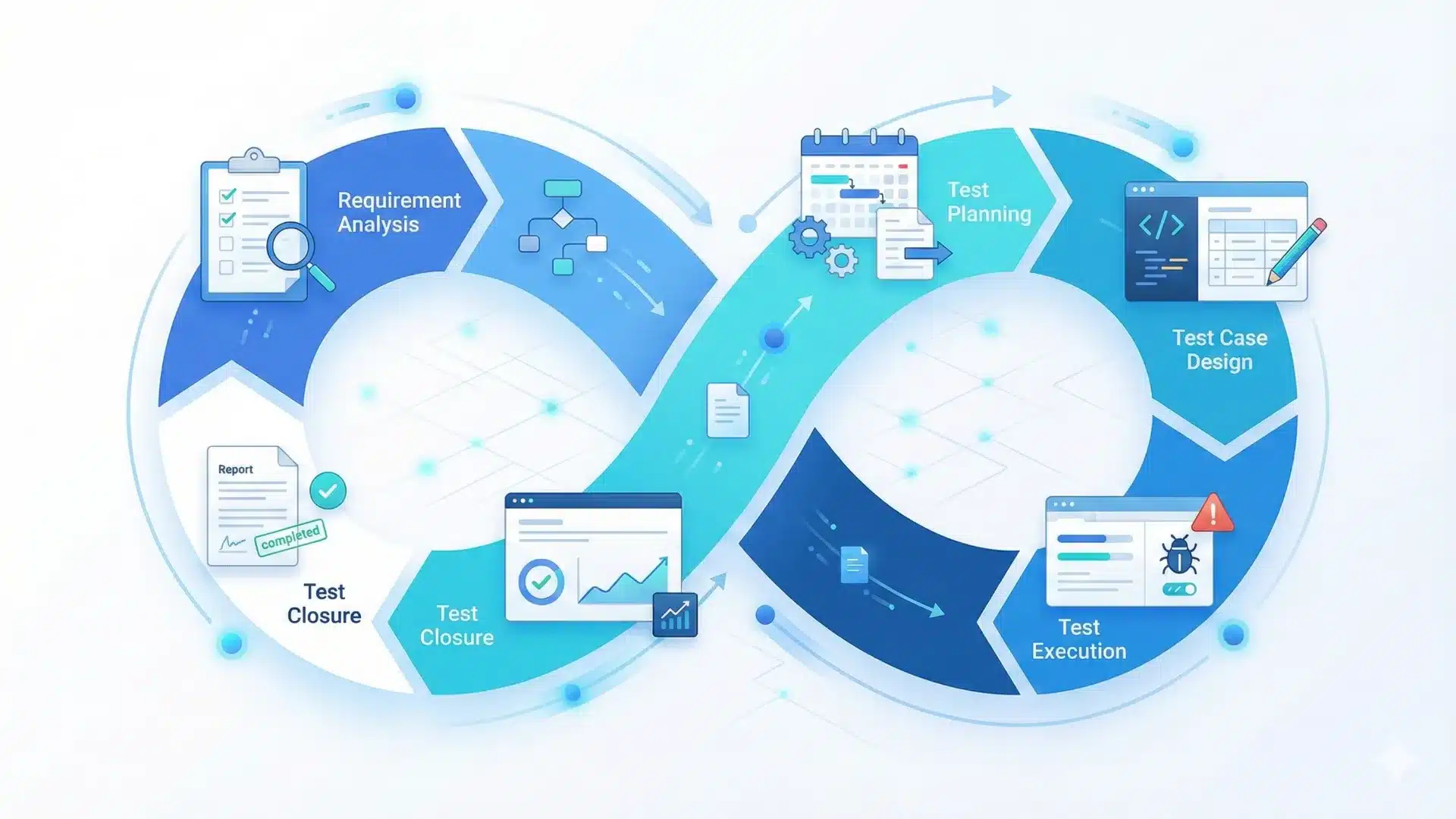Stop Missing Out: How AI & Big Data Let You Read Customers’ Minds

Image credit for this page: OpenAI’s ChatGPT.
Table of Contents
- The Problem with Guesswork
- Your Toolkit: AI and Big Data Explained
- How Artificial Intelligence and Big Data “Read Minds”
- Examining Behavior
- Advanced Segmentation
- Predictive Modeling
- Sentiment Analysis
- Advantages: Bringing Knowledge to Action
- Hyper-Personalization
- Active Customer Service and Retention
- Optimized Sales and Marketing
- Product Development
- Operational Efficiency
- Starting on the Right Foot
- The Takeaway: Stay Ahead with Smart Insights
Ever thought about what your customers actually want? Most businesses are just guessing, hoping to appeal to their audience. But you make your decision before you even know it, the competition may already know. The best companies today are carefully making sure that nothing is left to luck. They are using artificial intelligence (AI) and big data to uncover deep insights into customers’ behavior, enabling them to predict needs, personalize interactions, and build greater loyalty.
In fact, McKinsey puts the number at 85 percent in terms of sales growth advantage over their competitors and over 25 percent in gross margin victory over competitors.
The question then is, are you keeping up?
This article explains how AI and big data can provide a better picture of your customers, legally and ethically, to inform wiser business decisions.
The Problem with Guesswork
With the advent of the digital age, customer expectations have never been higher. Customers expect customized experiences, rapid communication, and hassle-free service. The old methods of knowing customer needs, like surveys and demographic profiling, are not sufficient anymore.
Speculation tends to result in the wastage of marketing budgets, lost opportunities, and high customer churn. For instance, a consumer brand may spend considerable amounts of money promoting a product to the wrong customer segment, only to receive minimal interest. Without reliable information regarding customers’ behavior and inclinations, it is challenging to provide what is desired.
This is where AI and big data step in, revolutionizing the way businesses come to know and interact with their audience.
Your Toolkit: AI and Big Data Explained
Big data is the vast amount of information that is created daily. This includes everything from purchase habits and web site activity to social media clicks and customer service chats. The problem is not only that the data is so big, but also how intricate and quickly it is being produced.
Artificial intelligence employs algorithms and machine learning models to analyze this data. AI recognizes patterns, forecasts behavior, and pulls out insights that are challenging, if not impossible, to find manually.
Together, AI and big data constitute an extremely powerful set of tools which allow businesses to make informed choices and stay ahead of customer demands.
How Artificial Intelligence and Big Data “Read Minds”
Examining Behavior
Artificial Intelligence continuously scans and analyzes internet activity, such as web browsing, email usage, and buying behavior. For instance, an e-commerce company can analyze click-through behavior to determine what products are being searched for but not being converted. This analysis allows the company to adjust pricing models or offer prompt coupon deals.
Advanced Segmentation
Instead of segmenting customers by age or location, AI can segment customers by behavior and interest. A streaming service, for example, can segment viewers who prefer independent films over blockbuster films, enabling more targeted content recommendations.
Predictive Modeling
AI algorithms use past information to predict future behavior. A subscription business may use predictive analytics to determine the most likely to cancel and offer retention incentives to win them back. A bank may predict the time a customer will be qualified for a loan by monitoring the spending and savings patterns.
Sentiment Analysis
Natural Language Processing (NLP) helps companies review comments on social media and support tickets to gauge customer sentiment. For instance, a hotel chain can track online reviews to detect emerging trends, like dissatisfaction with the cleanliness of rooms, thus allowing it to act before the negative impact on its overall reputation.
Custom AI Software Development Solution For Enterprises
Advantages: Bringing Knowledge to Action
Hyper-Personalization
Companies can deliver personalized content, recommendations, and offers based on the individual. For example, a fitness app can recommend exercises that are in sync with a user’s progress and interests, thus driving more engagement and satisfaction.
Latest research shows that 80 percent of customers are likely to buy from brands that deliver personalized experiences (Source: Epsilon research). Further, personalized campaigns have shown the ability to deliver returns on investment that are 5 to 8 times greater than non-targeted campaigns.
Active Customer Service and Retention
Through recognizing early signs of dissatisfaction, companies are in a position to intervene before a customer churns. Telecommunications companies usually employ AI to identify dwindling engagement and provide tailored incentives to rescue customers at risk of churning.
Optimized Sales and Marketing
Artificial intelligence assists companies in identifying the optimal times and channels to contact customers. For instance, a fashion store can utilize data to know when customers are most likely to open marketing emails and therefore enhance conversion rates and minimize wasteful advertising expenditure.
Product Development
Customer information has the potential to reveal hidden needs and drive new product ideas. As an example, a software firm might determine that many users are looking for a certain feature, thus guiding the next development cycle and improving customer satisfaction.
Operational Efficiency
Predictive analytics enable businesses to improve their demand forecasting. A delivery company can utilize artificial intelligence to be able to more efficiently plan delivery routes and schedules, reduce expenses, and enhance service consistency.
Starting on the Right Foot
While the opportunities are exciting, exercising caution handling customer information becomes the priority. Laws such as GDPR and CCPA mandate that companies focus on privacy and transparency. Customers will be more than happy to provide their information if they are certain that it will be utilized responsibly.
To succeed with AI-driven customer insights, you start with a well-defined data strategy, sound technology, and an unshakeable commitment to compliance. Engaging with experienced providers can assist you in ensuring your systems are effective and trustworthy.
The Takeaway: Stay Ahead with Smart Insights
Guesswork about what customers need is behind us. Deep data analytics and AI provide the capabilities to know, predict, and satisfy customer demand with accuracy never before possible.
Firms using this strategy are highly competitive. According to a 2024 Gartner report, by 2026, 75 percent of organizations will have implemented AI to provide customized customer experiences at scale, and this transformation is critical to long-term success.
As the best software development company in USA, Cloudester Software helps businesses unlock the full potential of their customer data with AI-based solutions tailored to their needs. If you’re ready to move beyond guesswork and connect more deeply with your customers, we’re here to help you take the next step.











